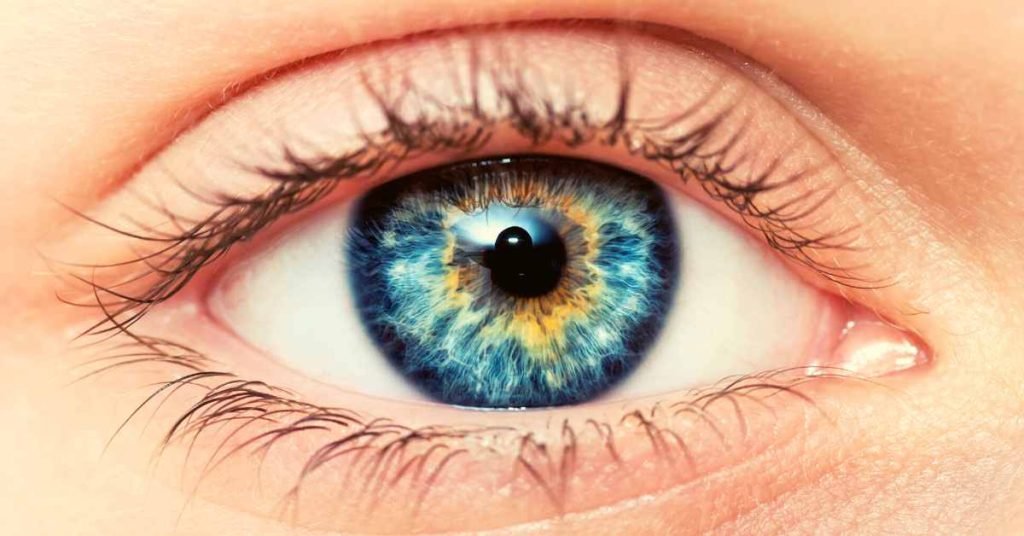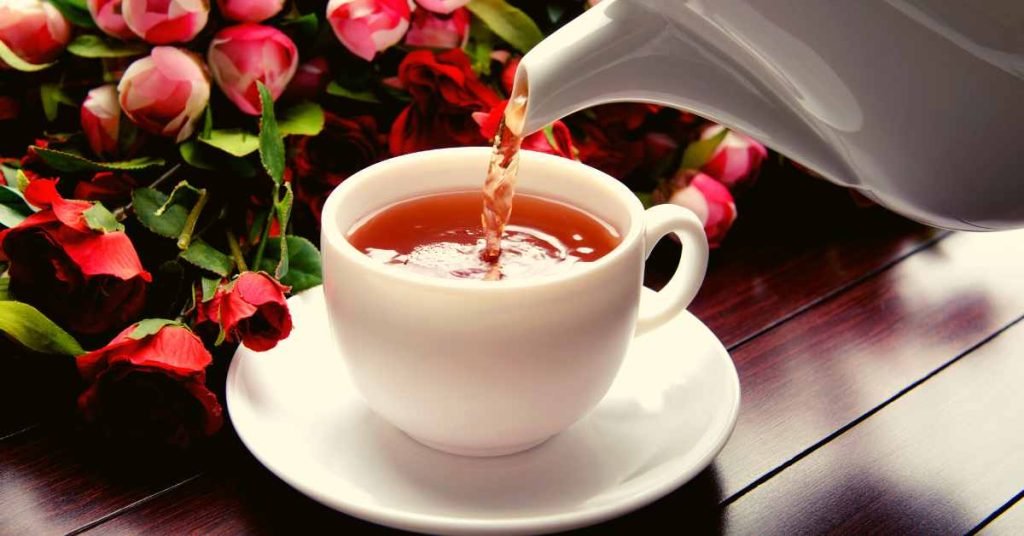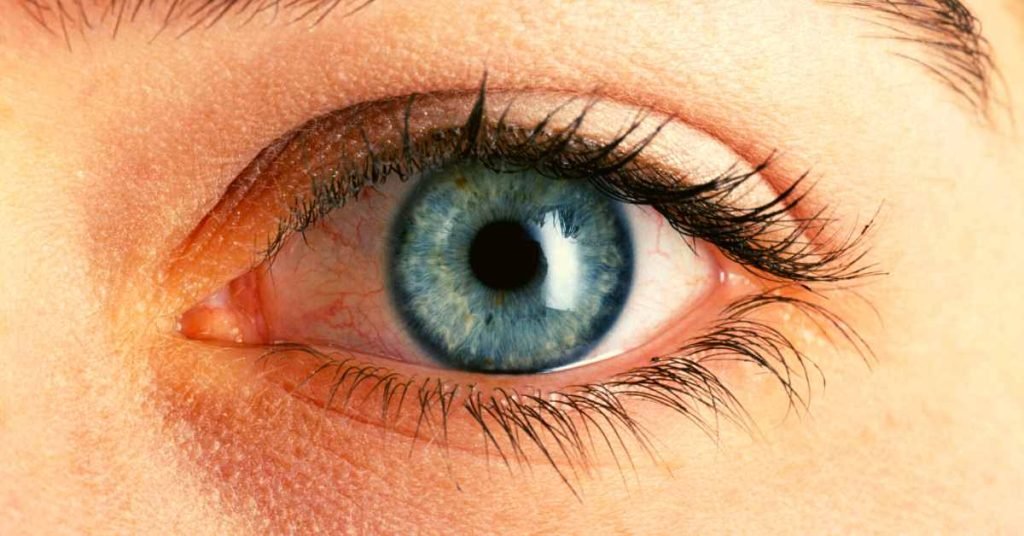One particularly intriguing assertion suggests that certain types of tea can change a person’s eye color.
This claim has captured the curiosity of many, leaving them wondering whether it’s true or simply another myth.
In this blog post, we will delve into the science behind eye color, the purported mechanisms behind tea’s potential impact, and the facts surrounding this captivating notion.
Understanding Eye Color

Eye color is determined primarily by the amount and type of pigment called melanin in the iris, the colored part of the eye. Melanin is responsible for the various shades of eye color, ranging from brown to green to blue.
The amount and distribution of melanin are determined by genetics, with multiple genes involved in the process.
While some eye colors are more common than others in certain populations, individual eye color is unique and can vary greatly between people.
The Claim
Proponents of the tea-eye color change theory argue that drinking certain types of tea, particularly herbal teas, can alter the level of melanin in the iris, leading to a change in eye color.
The proposed mechanism is that tea, when consumed regularly, can increase melanin production, thereby darkening or lightening the eye color over time.
Examining the Facts

- Lack of Scientific Evidence: Despite the intriguing nature of this claim, there is currently no scientific evidence to support the idea that drinking tea can change eye color. Research on the eye color-changing properties of tea is virtually nonexistent in reputable medical and scientific literature. Thus, it remains purely speculative and lacks empirical support.
- Genetics Plays a Dominant Role: As mentioned earlier, eye color is predominantly determined by genetics. While some factors, such as aging and exposure to sunlight, may cause slight changes in eye color due to variations in melanin levels, these changes are typically minimal and not influenced by tea consumption.
- Anthocyanins and Antioxidants: Certain herbal teas, such as blueberry tea, contain compounds called anthocyanins, which are powerful antioxidants responsible for the blue and purple colors of the fruit. Some proponents believe that these antioxidants might influence eye color, but no credible scientific evidence supports this notion.
Final Word
While the idea that tea can change eye color may be intriguing, it remains unsupported by scientific evidence.
Eye color is primarily determined by genetics, and the impact of drinking tea on eye color change is purely speculative.
As with any health-related claim, it is crucial to critically assess the evidence and consult reliable sources.

Rather than seeking miraculous remedies, embracing a healthy lifestyle with a balanced diet and regular eye check-ups can help maintain optimal eye health.
Despite the lack of evidence for this amusing anecdote some people believe in, there is no doubt that tea is an extremely beneficial beverage for human health.
If you still don’t know where to obtain the best loose-leaf organic teas on the market, including green, black, oolong, rooibos, white, pu-erh, and superb herbal blends, check the Hummingbird Tearoom’s online store and select your favorite varieties.
MEDICAL DISCLAIMER
Itsnevernotteatime.com cannot and does not contain medical/health advice. The medical/health information is provided for general and educational purposes only and is not a substitute for professional advice.




